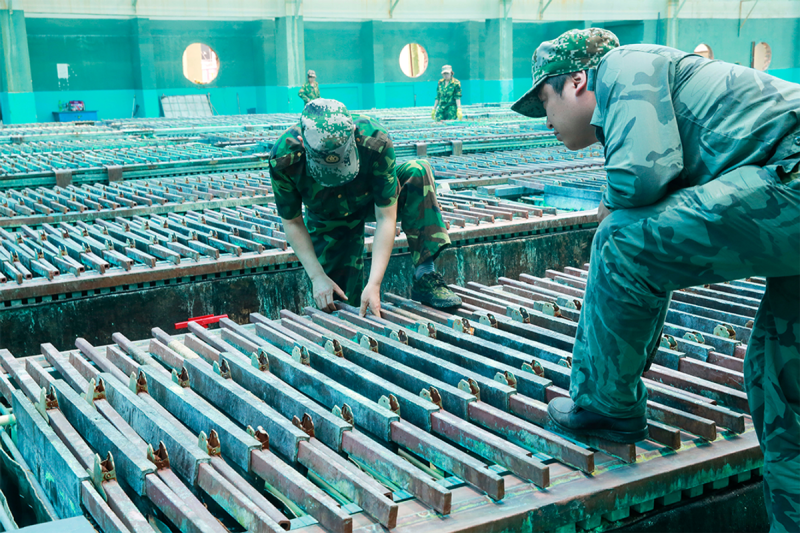In recent years, the global supply chain has faced significant challenges, particularly in the realm of rare earths production and processing due to heavy reliance on China. The dominance of China in this sector has raised concerns about economic stability and national security, prompting various countries to explore ways to reduce their dependence on Chinese rare earth elements (REEs).
One promising solution gaining traction is the development of alternative sources and processing methods for rare earths. Countries such as the United States, Australia, and Japan are actively looking to diversify their supply chains by investing in domestic rare earth production and exploring partnerships with other nations to create a more resilient global network.
Australia, home to significant rare earth deposits, has emerged as a key player in the quest for a more secure supply chain. The country has ramped up efforts to expand its rare earth mining operations and processing facilities, aiming to become a major player in the global rare earth market. By increasing domestic production, Australia can reduce its dependence on Chinese rare earth exports and mitigate the risks associated with supply chain disruptions.
Similarly, the United States has taken steps to revitalize its rare earth industry by investing in mining projects and processing facilities. The Department of Defense has identified rare earth elements as critical to national security and has initiated measures to secure a stable supply of these materials. Collaborative efforts between the government, industry, and research institutions are underway to develop new techniques for extracting and processing rare earths in a more sustainable and environmentally friendly manner.
Japan, another significant importer of rare earths, is also exploring ways to lessen its reliance on China. The Japanese government has initiated partnerships with countries such as Australia and Vietnam to secure alternative sources of rare earths and develop new processing technologies. By diversifying its supply chain and investing in innovative production methods, Japan aims to ensure a stable and secure supply of rare earth elements for its industrial needs.
These efforts to reduce reliance on China for rare earth production and processing are essential for maintaining the stability and security of the global supply chain. By fostering collaboration, investment in domestic production, and advancements in processing technologies, countries can create a more resilient and sustainable rare earth supply chain that is less vulnerable to geopolitical tensions and market fluctuations.
